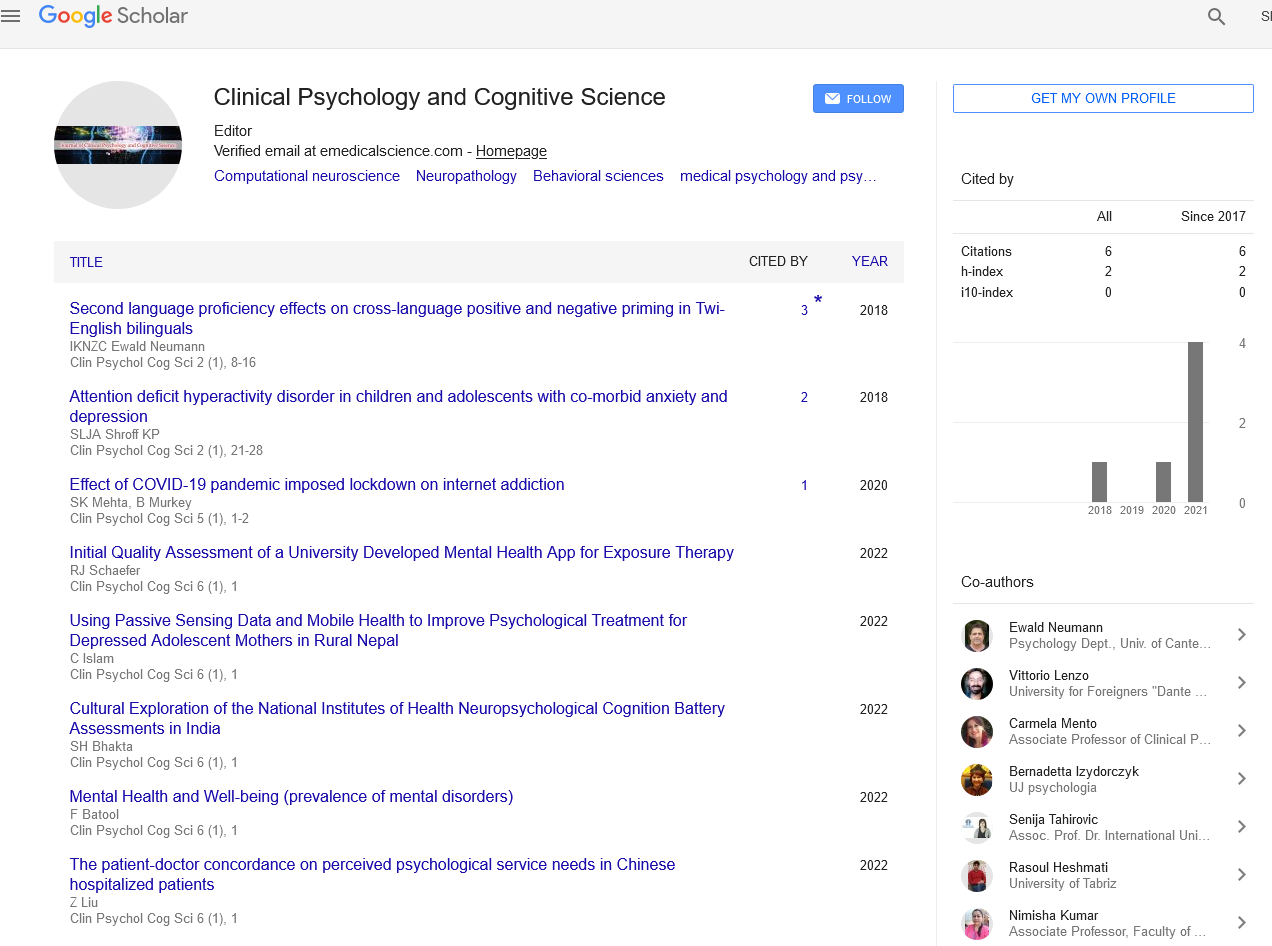
Sign up for email alert when new content gets added: Sign up
Abstract
The relationship between stress and obesity
Author(s): Gary Cooper and Ian White*Stress and obesity, two of society's most pervasive diseases, are linked by a variety of mechanisms. For starters, stress disrupts cognitive functions such as executive function and self-control. Second, stress can alter behaviour by causing overeating and the ingestion of high-calorie, high-fat, or high-sugar foods, as well as reducing physical activity and shortening sleep. Third, stress affects the hypothalamic-pituitary-adrenal axis, reward processing in the brain, and possibly the gut microbiota, causing physiological changes. Finally, biological hormones and peptides including leptin, ghrelin, and neuropeptide Y can be stimulated by stress. Due to the great prevalence of weight stigma, obesity can be a difficult condition in and of itself. As a result, this article explores the role of weight stigma in stress and obesogenic processes, culminating in a vicious cycle of stress to obesity to stigma to stress. Currently, obesity prevention efforts are mainly focused on diet and exercise; however, the research discussed in this article suggests that stress is an essential but currently underappreciated public policy priority.
Full-Text | PDF




